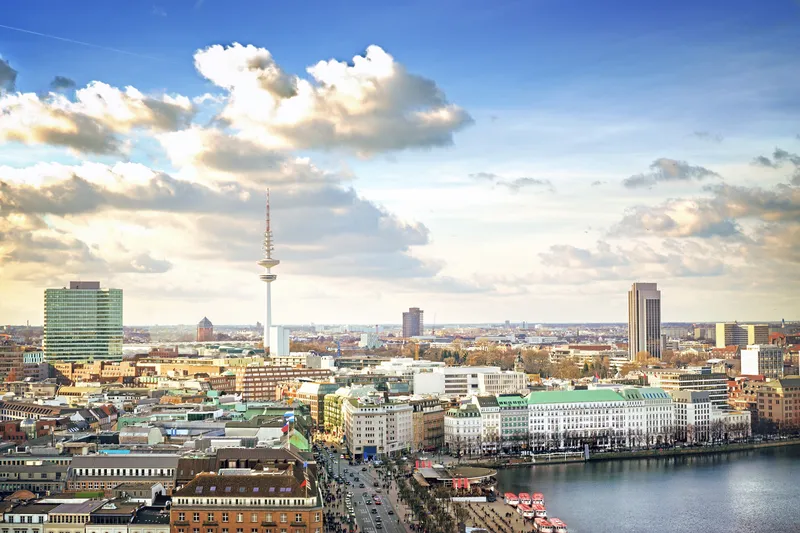Germany’s Finance Minister Wolfgang Schaeuble is studying selling a stake of just under 50 per cent in the country's motorways to allow it to develop the network's infrastructure more efficiently, Der Spiegel magazine said on Saturday.
Ownership of the 13,000 km network, the world's second largest behind the United States jointly shared between the federal government and the country's 16 states. The Finance Ministry is considering selling off all but a tiny fraction of the latter share, leaving Berlin w
November 15, 2016
Read time: 2 mins
Germany’s Finance Minister Wolfgang Schaeuble is studying selling a stake of just under 50 per cent in the country's motorways to allow it to develop the network's infrastructure more efficiently, Der Spiegel magazine said on Saturday.
Ownership of the 13,000 km network, the world's second largest behind the United States jointly shared between the federal government and the country's 16 states. The Finance Ministry is considering selling off all but a tiny fraction of the latter share, leaving Berlin with a controlling stake.
It was not clear how much such a sale would raise, but the federal government receives some US$4.3 billion (4 billion Euros) per year for its toll on trucks.
The ministry believes that insurers and other investors in search of investments with solid yields during a prolonged phase of low interest rates would be eager to buy stakes currently held by the 16 federal states in such a motorway privatisation, Der Spiegel said.
By controlling the motorways by itself, Berlin's efficiency to build and repair motorways and other parts of the network such as bridges would be greater.
Members of parliament told Reuters that Schaeuble had presented only rough outlines of his proposal to a budget committee last week, saying that the federal government would keep a majority controlling stake if it were privatised.
The idea of privatising Germany's motorways has been floated periodically, and any sale would almost certainly have to wait until after national elections in September 2017.
Ownership of the 13,000 km network, the world's second largest behind the United States jointly shared between the federal government and the country's 16 states. The Finance Ministry is considering selling off all but a tiny fraction of the latter share, leaving Berlin with a controlling stake.
It was not clear how much such a sale would raise, but the federal government receives some US$4.3 billion (4 billion Euros) per year for its toll on trucks.
The ministry believes that insurers and other investors in search of investments with solid yields during a prolonged phase of low interest rates would be eager to buy stakes currently held by the 16 federal states in such a motorway privatisation, Der Spiegel said.
By controlling the motorways by itself, Berlin's efficiency to build and repair motorways and other parts of the network such as bridges would be greater.
Members of parliament told Reuters that Schaeuble had presented only rough outlines of his proposal to a budget committee last week, saying that the federal government would keep a majority controlling stake if it were privatised.
The idea of privatising Germany's motorways has been floated periodically, and any sale would almost certainly have to wait until after national elections in September 2017.










